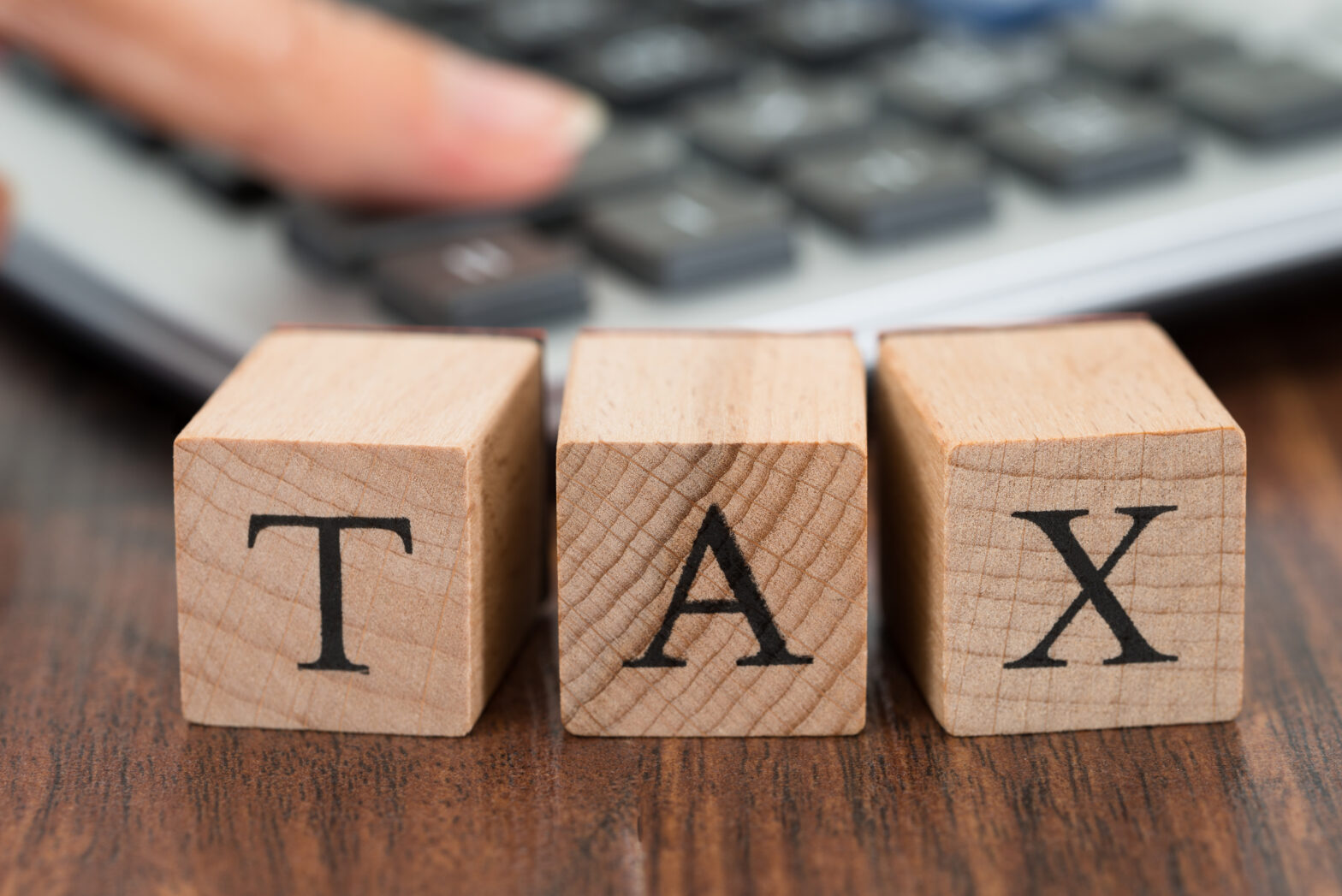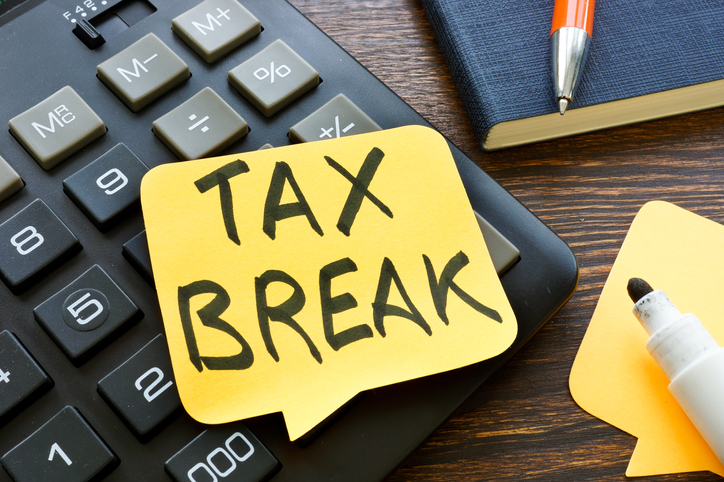Freelancers and other self-employed face hefty new interest charges from HMRC if they miss this month’s July 31 tax bill deadline.
HMRC has hiked its payment-on-account late payment interest rate from 5.5 per cent at the start of 2023 to the current rate of 7.5 per cent.
Dawn Register, head of tax dispute resolution at accountancy firm BDO, told the Financial Times: “This is the highest rate we’ve seen for 15 years, and the unwary may be alarmed at how quickly this charge can ramp up your debt.”
Small firms account for 56% of UK tax gap – The government’s latest Measuring tax gaps report shows that small businesses account for over half of the UK tax gap
Many of the UK’s 4.4m freelance workers pre-pay income tax bills in instalments twice a year, in amounts based on their previous year’s earnings.
The first of the so-called “payments on account” falls due on January 31 each year. The second is on July 31.
If there is still tax to pay after the payments on account are made, there will be a balancing payment due by midnight on January 31 in the following year.
Freelancers could avoid tax because of IR35 loophole – Employers who wrongly classify self-employed as being outside IR35 will have to cover their PAYE and National Insurance, says HMRC, meaning tens of thousands of freelancers could avoid paying any tax at all
Late payment could also put freelancers and others under increased scrutiny from the taxman.
Stefanie Tremain, a partner at tax and advisory law firm Blick Rothenberg, said: “Late payment may also raise the individual’s ‘profile’ with HMRC and increase the possibility of a HMRC enquiry into their tax returns.”
Can I pay less than what HMRC is asking for?
It is possible to reduce your payments on account for the next tax year, if you think your tax liability will be lower than the year before. However, HMRC will charge interest and possibly penalties if you over-reduce and subsequently underpay.
What if I paid less than was due on account in 2022/23?
Now that the April 5 2023 has passed, any taxpayer who reduced their 2022/23 payments on account should doublecheck their income for the year, adjust payments on account if necessary, and pay any shortfall as soon as possible to minimise interest charges. Don’t forget that interest may have been running since January 31 2023 (when the first payment on account was due) if the payments were over-reduced.
What should I do if I can’t make my payment on account?
Freelancers and self-employed experiencing financial problems now should not just ignore their POAs – rather, they should contact HMRC, so that they can talk through their position. You may be able to agree a ‘payment plan’ with HMRC, which could enable you to spread out tax payments over a longer period.
More on self-employed tax
Making Tax Digital mothballed for millions of self-employed – HMRC postpones Making Tax Digital income tax reporting for millions of small businesses, raising threshold to £30,000 income from April 2026




